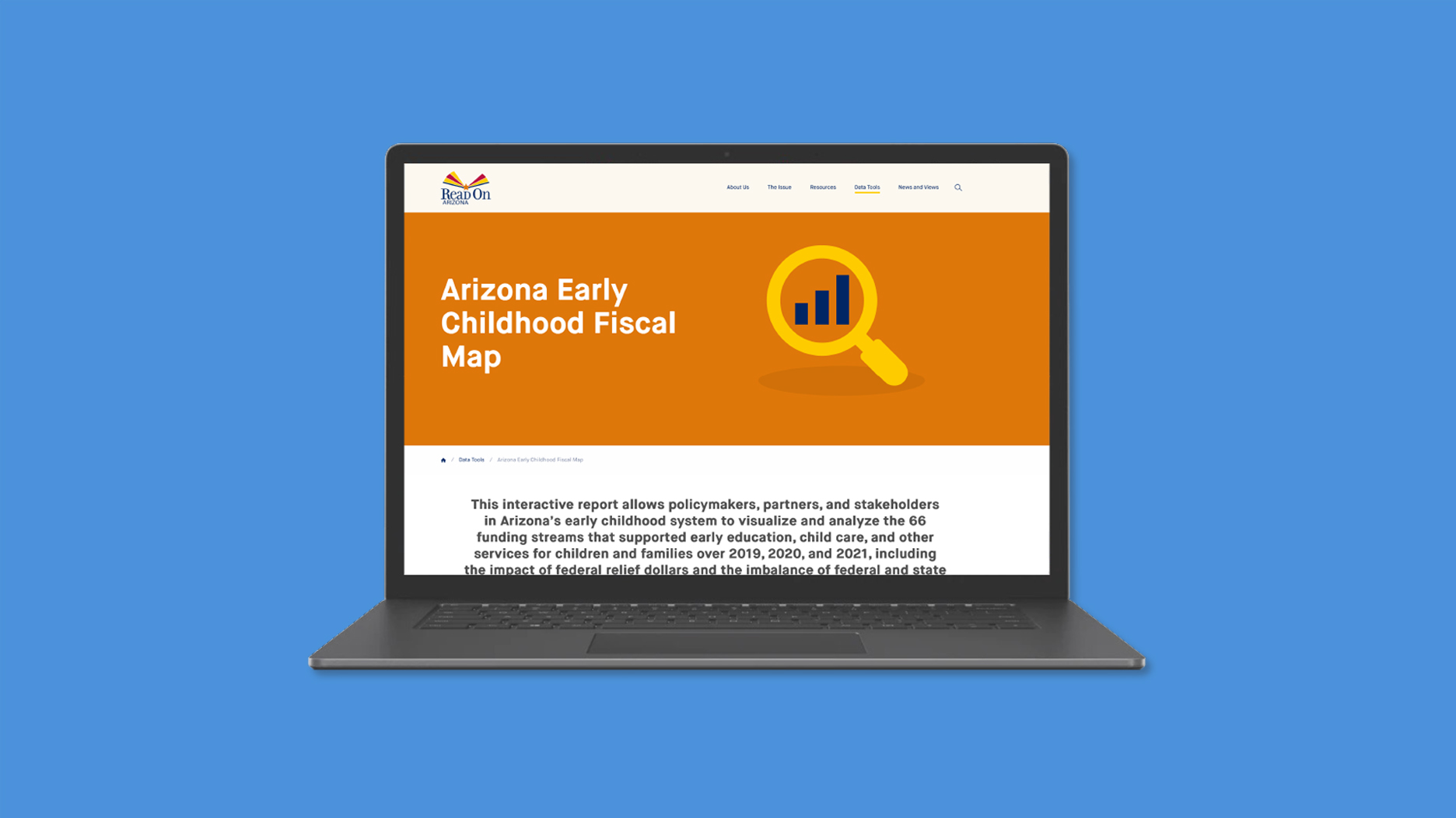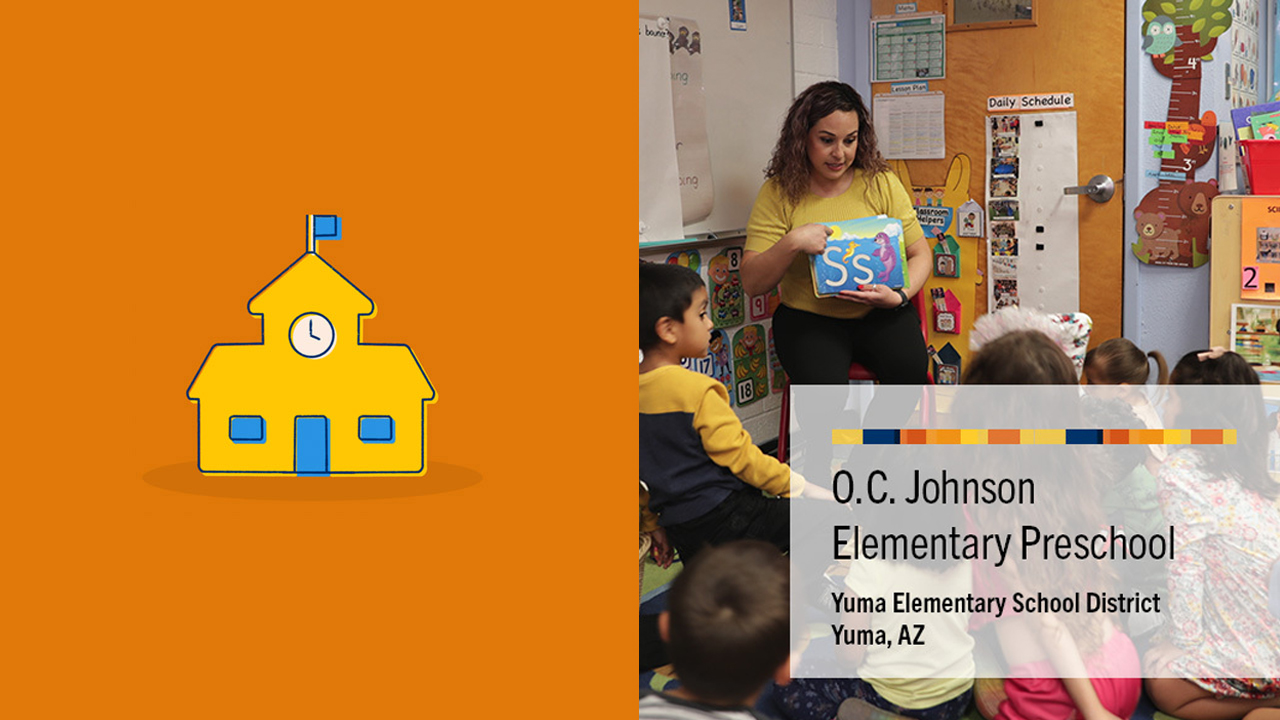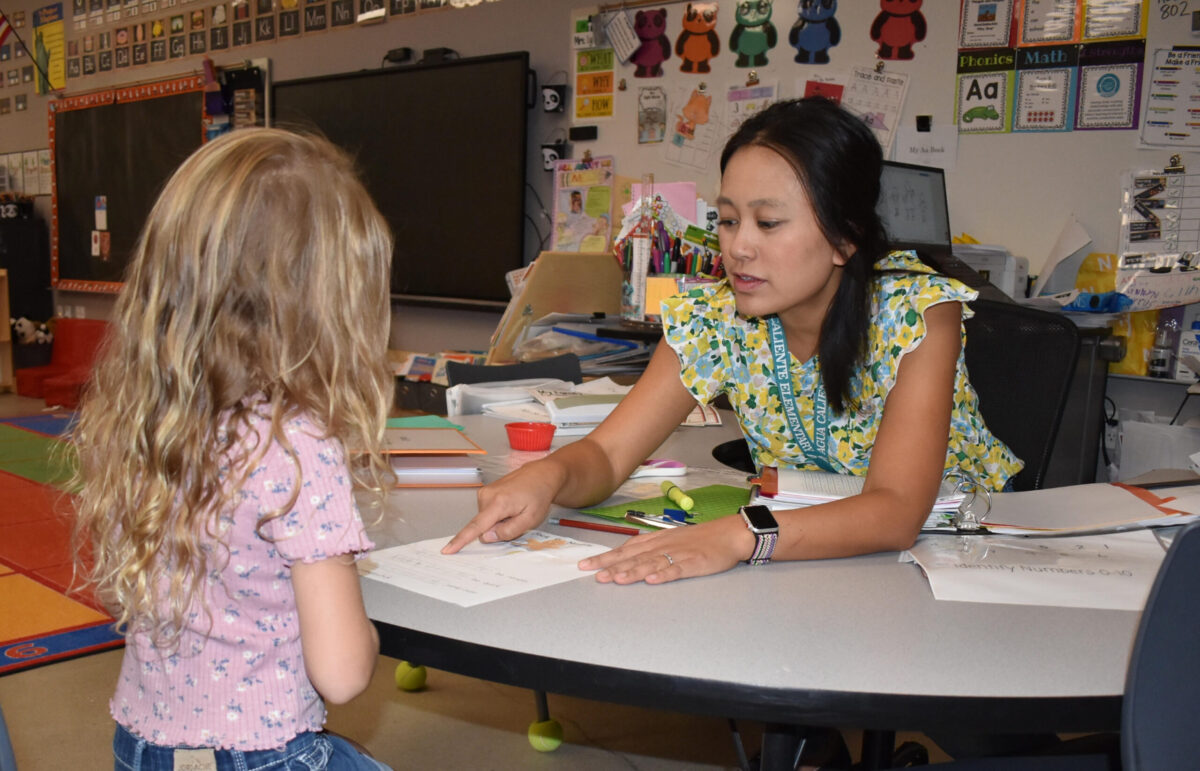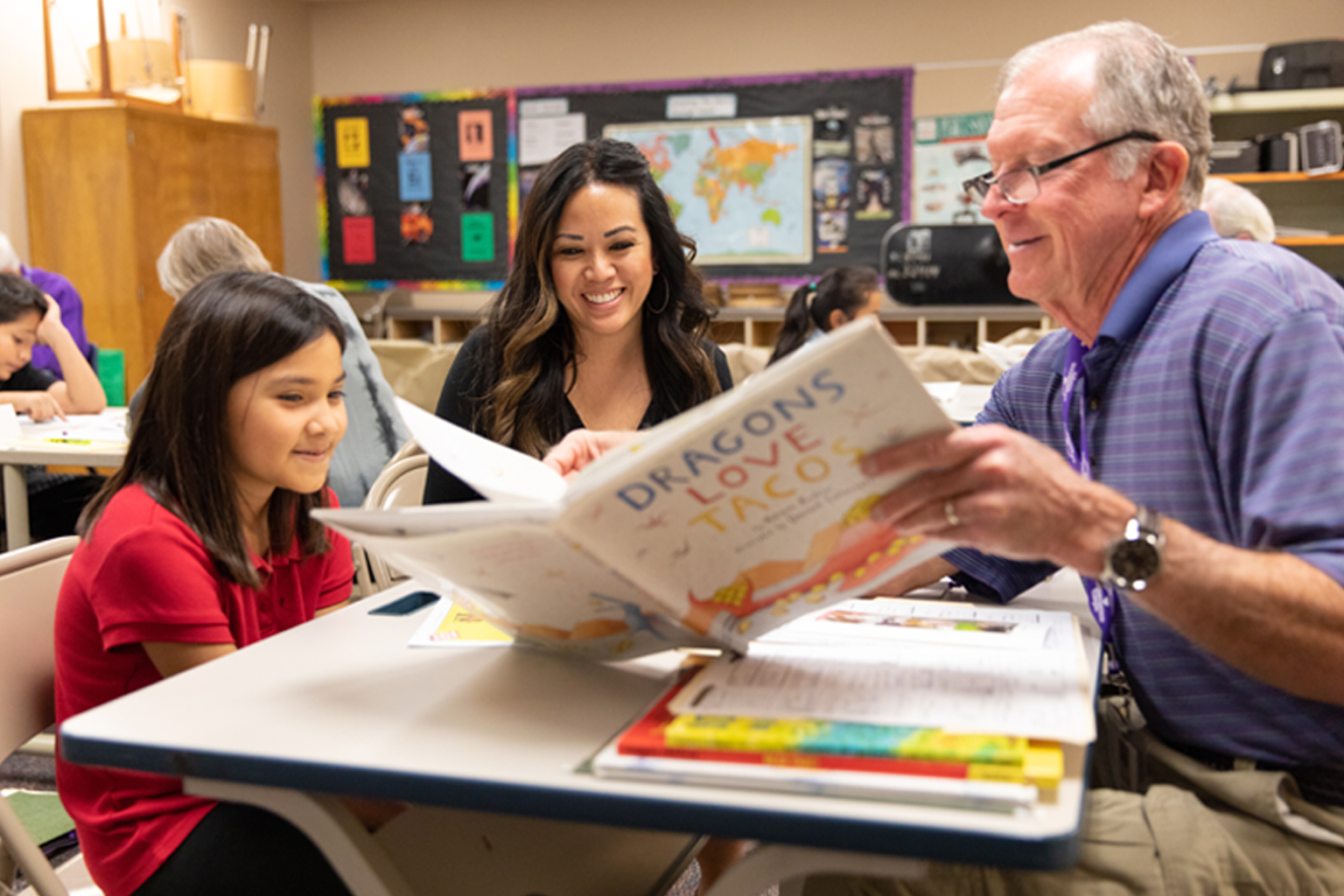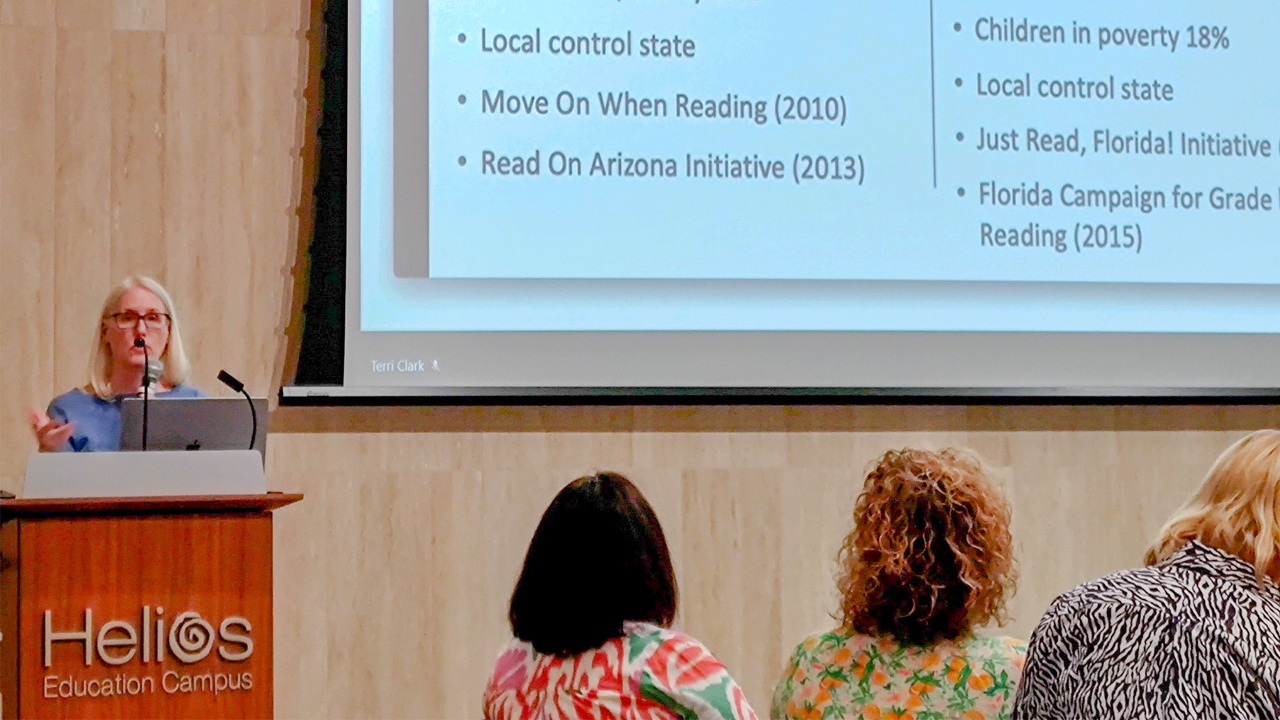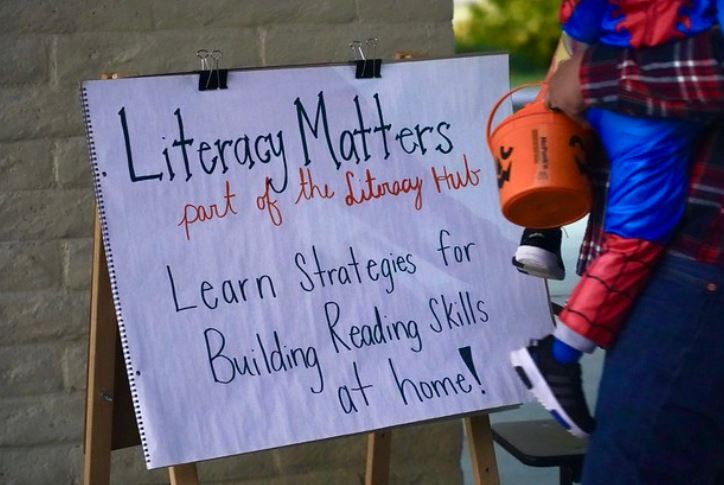September 23, 2016
Research
READ ON ARIZONA Press Release
New Report Outlines Factors Influencing 3rd Grade Literacy
Frequent School Absences Put Children at Academic Risk
PHOENIX, Ariz.—Given the critical role literacy plays in children’s academic and personal development, Read On Arizona, the state’s early literacy initiative, and its partner organizations are leading a statewide effort to improve literacy outcomes for children from birth to third grade. At Read On Arizona’s recent Literacy Summit, a new analysis of data sets (2011-2014) was unveiled for Arizona schools that identifies school, district, community, and health factors that may affect early literacy.
According to Robert Vagi, research consultant at Arizona State University’s Mary Lou Fulton Teachers College and author of the report Factors Related to Early Childhood Literacy, several school-level factors are predictive of third-grade reading achievement, including school-level poverty and charter status. Most notably, two independent measures of student attendance correlated with third-grade reading success.
“Third-grade attendance rates and school-wide chronic absenteeism are strongly related to third-grade reading scores,” Vagi said. “A 1% increase in third-grade attendance in Arizona is associated with an average increase of 1.5% of students passing AIMS reading. Meanwhile, a 1% increase in chronic absenteeism is associated with a 0.3% decrease in the number of students passing AIMS reading.” AIMS, Arizona’s Instrument to Measure Standards, was replaced in November 2014 with AzMERIT as the state’s assessment for student achievement in English language arts and mathematics.
“A 1% increase in third-grade attendance in Arizona is associated with an average increase of 1.5% of students passing AIMS reading."
Results indicate that policies aimed at increasing attendance may be effective and inexpensive methods of increasing childhood literacy rates. “Children with consistent school attendance are more likely to develop better reading skills and demonstrate stronger learning outcomes,” said Arizona Literacy Director Terri Clark. “About 18 missed school days in an academic year, regardless if they are sporadic or consecutive, put students at risk academically,” added Clark.
Vagi’s report was created using data from Read On Arizona’s literacy mapping tool, MapLIT. “MapLIT was designed to facilitate data sharing, identify gaps, and support ongoing improvements in early literacy,” said Clark. “Its purpose is to help Arizona communities, school districts, and other organizations make real-time, evidence-based decisions on how best to allocate their limited resources to continue to improve outcomes for children.”
The recent 2016 Read On Arizona Literacy Summit brought together more than 800 educators, community leaders, and policymakers for an in-depth discussion about the significance of early literacy and the critical steps needed to make third-grade reading proficiency a reality for Arizona’s children. Governor Doug Ducey delivered opening remarks at the Summit, saying, “I'm committed to supporting early literacy as a front-burner issue for education in the state of Arizona.”
About Read On Arizona
Read On Arizona is a statewide, public/private partnership of agencies, philanthropic organizations, and community stakeholders committed to creating an effective continuum of services to improve language and literacy outcomes for Arizona’s children from birth through age eight. Read On Arizona is committed to helping create an early literacy system that delivers the right program at the right time for every child.
Media Contact
Karen Leland, Co-Chair, Read On Arizona Communications Group
Director of Communications
Virginia G. Piper Charitable Trust
kleland@pipertrust.org / 480-556-7125
